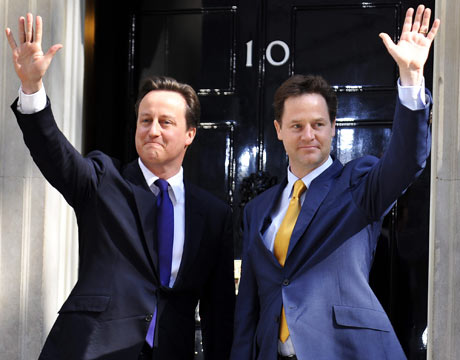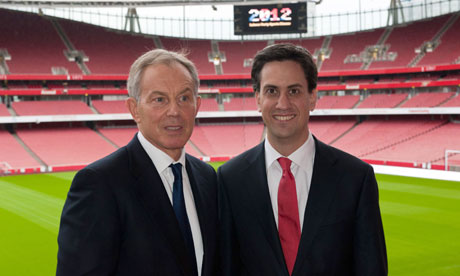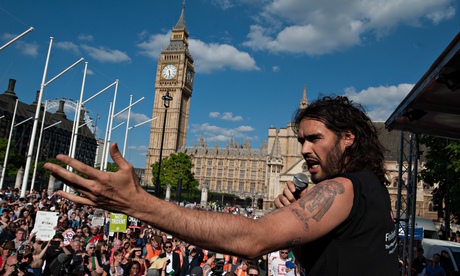The government is trying to pass a clause in the Care bill today that will allow hospitals to be closed much easier without public consultation.
Stormy scenes are likely in parliament today as the government tries to “rush through” changes that will make it far easier to close hospitals without public consultation. The changes,which OurNHS has campaigned on from the start, now face fierce opposition from doctors, 38 Degrees, the British Medical Association, NHS campaigners and charities.
On Friday Ed Miliband tabled a motion of opposition to the Bill, saying it “includes provisions which could put NHS hospitals at risk of having services reconfigured without adequate consultation and without clinical support”.
…
The hospital closure clause gives Trust Special Administrators greater powers including the power to make changes in neighbouring trusts without consultation. It was added to the Care Bill just as the government was being defeated by Lewisham Hospital campaigners, in an attempt to ensure that campaigners could not challenge such closure plans in the future. But the new Bill could be applied anywhere in the country.
Louise Irvine, Chair of the Save Lewisham Hospital campaign, said “If services need redesigning the law must ensure this is with proper and extensive consultation with local people. This process cannot be rushed. Decisions should not be based on the needs of investment banks. What happened to the government promises that in the NHS there would be ‘no decision about me, without me’?”
…
OpenDemocracy appears on the Want to make a worthwhile donation this Solstice? page
Ed Miliband commits to doubling the number of homes built each year. The move is likely to prove very popular. I think that he’s correct in recognising development and building as a racket concerned with profiteering. I would also like to see the renovation of properties and the conversion of buildings to homes or other forms of social housing.
Profiteering property developers that hoard land and councils that block developments will be swept aside in a “non-stop drive” to more than double the number of homes being built each year in England, Ed Miliband will promise on Monday.
Attacking “stick-in-the-mud councils”, the Labour leader will say he would order a national planning inspectorate to give priority to local authorities that want to expand if they are being blocked by neighbouring councils refusing to release land.
Under the Labour plans, councils would be empowered to compulsorily purchase land or charge fees if developers fail to build on land for which they have planning permission. Michael Lyons, the chair of Labour’s new independent commission on housing and a former BBC chairman, told the Guardian that Britain needed to recapture the postwar spirit when building homes was the national priority.
…
Despite MPs claiming publicly that they object to their intended pay rise, only 10 MPs back a motion to limit their pay rises to 1% to match the public sector.
Almost half a million fewer old and disabled people are receiving care and support from the public purse than would have been the case before the financial crash, according to an expert study.
The research comes as MPs vote on Monday on the coalition’s care bill, which aims to overhaul the care system in England but threatens to tighten still further the rules of eligibility for state support.
Charities and care organisations are calling on ministers to address a “black hole” in social care funding which they say has left the system short of £2.8bn a year that would be necessary to meet people’s needs assessed as “moderate”.
Bridget Warr, chief executive of the United Kingdom Homecare Association, said: “Funding good care which helps people stay in their own home is not only a moral responsibility for any civilised society, but is also cost-efficient as it extends people’s wellbeing, reducing admissions to A&E, and helps people return home from hospital quicker.”
…



